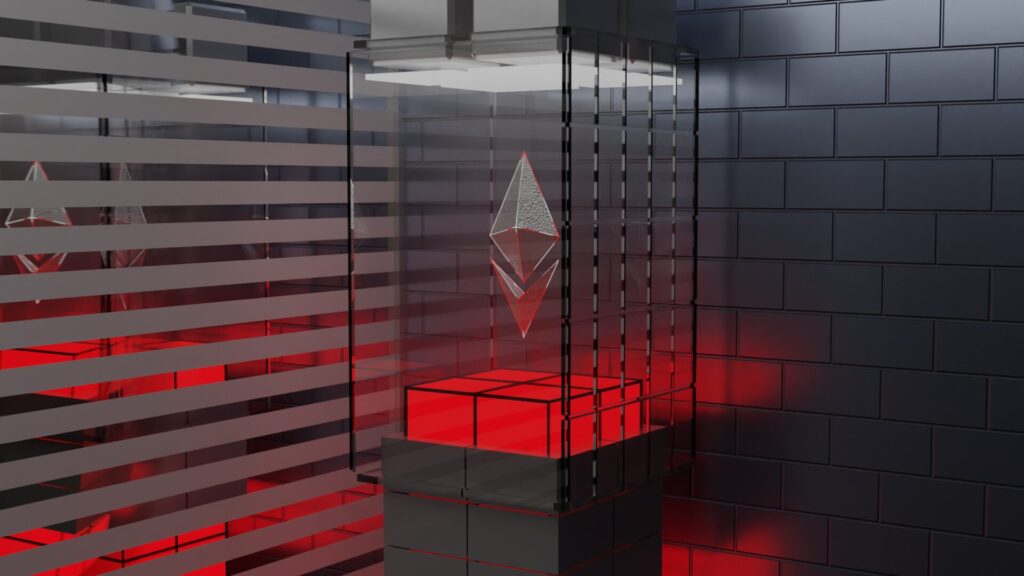
Ethereum, the world’s largest blockchain platform for smart contracts, is constantly evolving and attracting the attention of investors worldwide. But its success is not only due to advanced technology but also a team of cybersecurity experts who work daily to protect this network. What does their work look like and what techniques do they use to ensure Ethereum’s security?
When we talk about Ethereum, we mainly think about investments, smart contracts, and blockchain technology. But have we ever wondered how this global network is protected from threats?
David Theodore, a security researcher at the Ethereum Foundation, starts his day by checking if there have been any failures in the Ethereum network. His task? Trying to “break” the system. As he says, “Our aim is to destroy things before anyone else does, so there’s nothing left to destroy.” His team consists of about 10 cybersecurity specialists who act as guardians of this rapidly expanding network.
The Ethereum Foundation, established by the famous blockchain creator, Vitalik Buterin, aims to support the network’s development. Most of its approximately 150 members focus on continual programming improvement, growth initiatives, and sponsoring developer conferences. However, in the crypto environment, where new protocols and applications often turn out to be vulnerable to expensive attacks, the role of the research team is crucial.
The team gathers individuals with diverse experiences – many hold degrees in computer science but also have expertise in repelling attacks and cryptography. One technique they use to protect the blockchain is “fuzzing.” It involves introducing incorrect input data to the network nodes to detect errors or vulnerabilities in the software. The idea is simple: check if the system reacts negatively to this data. “We always use fuzzing techniques. We have massive supercomputers working non-stop,” says Theodore.
A day in the life of an Ethereum security researcher is full of surprises. Theodore, based in Austin, Texas, sometimes moves his office on wheels – to an Airstream trailer. This allows him to work even in the most remote places, using satellite internet from Elon Musk.
In 2022, Theodore worked from a trailer in Colorado, while Ethereum developers were heading towards an important development phase – transitioning to a more energy-efficient “proof-of-stake” system from the “proof-of-work” system used by Bitcoin.
Ethereum, known for programming capabilities and handling decentralized applications, is growing rapidly. It now serves as a foundation for many other blockchains, like Arbitrum and Optimism. And with this growth, the value stored in the network is also increasing – Ethereum’s current market capitalization stands at around $212 billion.
In a world where security becomes the key to trust in technology, the role of experts like Theodore becomes invaluable. As he himself says, “We are essential. When you talk about security in the blockchain space, Ethereum is what matters most.”
Photo by Shubham Dhage on Unsplash
